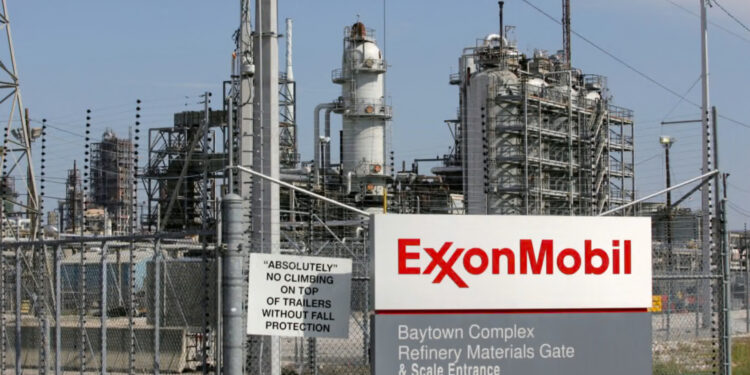In the modern business landscape, neglecting environmental responsibility can have profound consequences. The case of ExxonMobil, a global energy giant, serves as a cautionary tale for corporations across industries. Allegations of suppressing internal research on climate change for decades and funding campaigns that questioned established climate science have put ExxonMobil under intense scrutiny. This negligence in addressing carbon emissions and transparency has not only harmed its reputation but has also sparked consumer divestment and a growing preference for renewable energy alternatives.
Environmental Negligence and Consumer Backlash
ExxonMobil’s alleged suppression of scientific findings revealed a troubling narrative: corporate priorities placed profits above environmental responsibility. Reports indicated that as early as the 1970s, ExxonMobil scientists warned of the potentially catastrophic effects of burning fossil fuels. Instead of acting on this research, the company allegedly funded campaigns to sow doubt about climate science, delaying critical global action on carbon emissions.
These revelations sparked outrage among environmental advocacy groups and climate-conscious consumers. In the age of information, consumers are more informed than ever about corporate actions, especially regarding environmental impact. ExxonMobil’s actions, or lack thereof, have driven many customers to seek alternatives, including renewable energy providers and companies with clear commitments to sustainability.
The Financial Toll of Losing Consumer Trust
Negligence in addressing carbon emissions can lead to far-reaching financial repercussions. In ExxonMobil’s case, the backlash extended beyond customer dissatisfaction to influence investor behavior. Divestment campaigns, such as those led by advocacy organizations like 350.org, gained traction among universities, pension funds, and private investors. These campaigns pressured institutions to withdraw financial support from companies deemed environmentally irresponsible. As a result, ExxonMobil experienced significant financial challenges, with its market value fluctuating and long-term investor confidence eroding.
The ripple effects of consumer and investor discontent cannot be overstated. Companies with a tarnished environmental record face increased scrutiny from regulators, higher costs of capital, and reduced opportunities for partnerships. Moreover, lawsuits and legal settlements related to environmental negligence further strain corporate resources.
A Shift in Consumer Priorities
The rise of environmentally conscious consumers has fundamentally shifted market dynamics. Surveys reveal that a significant majority of consumers, particularly younger generations, prioritize sustainability when making purchasing decisions. This trend has catalyzed growth in renewable energy markets, with solar, wind, and other clean energy solutions becoming increasingly accessible and affordable. Companies like Tesla, which align their business models with environmental goals, have captured the loyalty of eco-conscious consumers, offering a stark contrast to fossil fuel giants like ExxonMobil.
This shift is not limited to the energy sector. Across industries, from fashion to technology, consumers demand transparency, sustainability, and accountability. Brands that fail to adapt risk losing market share to competitors that embrace environmental responsibility.
Lessons for Businesses
ExxonMobil’s experience underscores a critical lesson for businesses: transparency and proactive environmental stewardship are not optional. They are prerequisites for long-term success in a world increasingly focused on sustainability. Neglecting carbon emissions or engaging in greenwashing—where companies exaggerate their environmental efforts—can lead to reputational damage and financial losses that are difficult to recover from.
The era of unchecked carbon negligence is over. Companies that prioritize environmental responsibility, engage transparently with stakeholders, and adopt sustainable practices are more likely to thrive in the 21st century. Those that do not risk joining the ranks of businesses that faltered under the weight of consumer and societal expectations.








